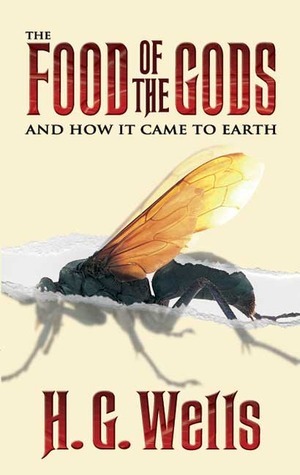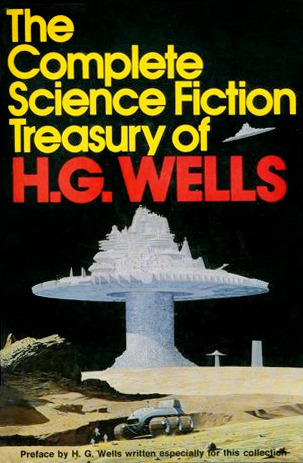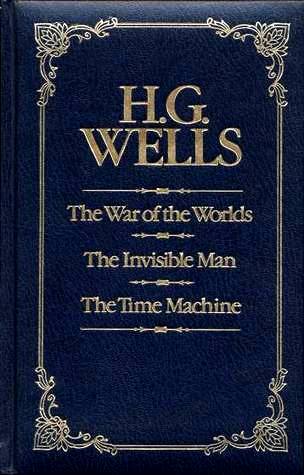
H.G. Wells Classic Collection I
Book Description
Time travelers, alien invaders, and a dystopian future—welcome to the mind of H.G. Wells, where imagination knows no bounds. Dive into a thrilling collection that unfurls the rich tapestry of human conflict and the quest for survival against insurmountable odds. From the harrowing encounters with Martians to the philosophical musings of a world shifting beneath its own weight, each story invites readers to confront the deepest fears and dreams of humanity. With stakes that skyrocket and relationships that crack under pressure, can hope endure in the face of an uncertain tomorrow? What horrors and wonders lie just beyond the horizon?
Quick Book Summary
H.G. Wells Classic Collection I gathers some of the most influential stories from one of the founding fathers of science fiction. This anthology showcases Wells’s unparalleled ability to imagine futures both wondrous and terrifying, from time travel and alien invasion to dystopian societies. Within these tales, humanity is pushed to its limits: travelers venture far into the future, discover new worlds, and confront the consequences of unchecked ambition and scientific hubris. Through richly imagined scenarios, Wells examines the enduring themes of survival, adaptation, and the resilience of hope against existential threats. This collection is a powerful exploration of scientific progress, human frailty, and the searching questions that arise when people face the unknown.
Summary of Key Ideas
Table of Contents
The Consequences of Scientific Progress
H.G. Wells’s stories are anchored in imaginative scientific ideas, often exploring innovations that challenge the boundaries of human understanding. In works like "The Time Machine," the narrative probes the unforeseen effects of technological advancement, emphasizing both the allure and the peril inherent in tampering with nature’s laws. Characters not only grapple with the physical manifestations of these innovations—such as time travel or invisibility—but also face profound philosophical dilemmas, questioning the very fabric of reality and the price of progress.
Human Resilience and Adaptation
At the heart of Wells’s collection is humanity’s enduring capacity for resilience. Regardless of the threats—whether Martian invaders decimating Earth in "The War of the Worlds" or the bleak, divided societies of the distant future—characters strive to survive, adapt, and persevere. These tales reflect a deep belief in the adaptability of the human spirit and underscore how resourcefulness and solidarity can emerge even in the direst circumstances. Through struggle, individuals are tested, revealing both noble and ignoble aspects of human nature.
Alien Encounters and the Unknown
In several stories, Wells thrusts his characters into encounters with the unknown, from monstrous otherworldly creatures to environments far removed from present-day reality. These confrontations force a reevaluation of what it means to be human and the limitations of human knowledge. The alien, in Wells’s works, often serves as a mirror—reflecting humanity’s own fears, biases, and the unpredictable outcomes of curiosity. The interplay between familiar and foreign compels characters, and by extension readers, to confront their deepest anxieties and prejudices.
Societal Critique and Dystopian Futures
Societal critique runs throughout the collection. Wells uses imagined futures and speculative science to comment on social divisions, imperialism, and the unchecked power of elites. In "The Time Machine," the distinction between the Eloi and the Morlocks is a powerful allegory for class struggle and the trajectory of social evolution. Wells’s cautionary tales urge vigilance against complacency and challenge assumptions about progress, questioning who truly benefits from scientific and social change.
The Nature of Fear and Hope
Amid darkness and uncertainty, Wells doesn’t abandon hope. Though the stories expose the fragility of civilization, they also affirm the possibility of renewal and redemption. Even as protagonists face overwhelming odds, moments of compassion, ingenuity, and moral questioning persist. Wells suggests that, in the confrontation with cosmic or existential threats, the human capacity for hope, imagination, and ethical reflection remains among our most vital defenses.
Download This Summary
Get a free PDF of this summary instantly — no email required.





